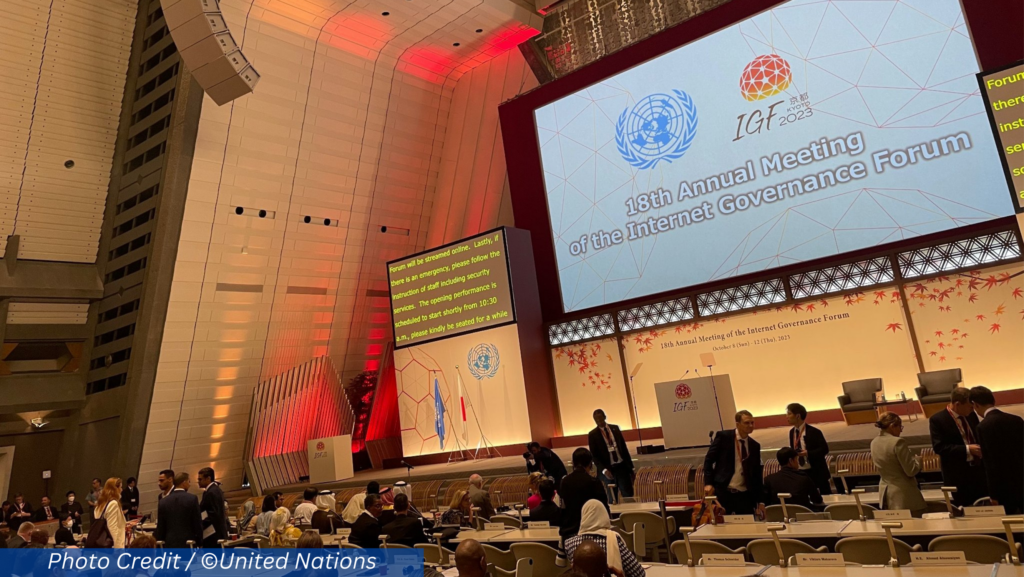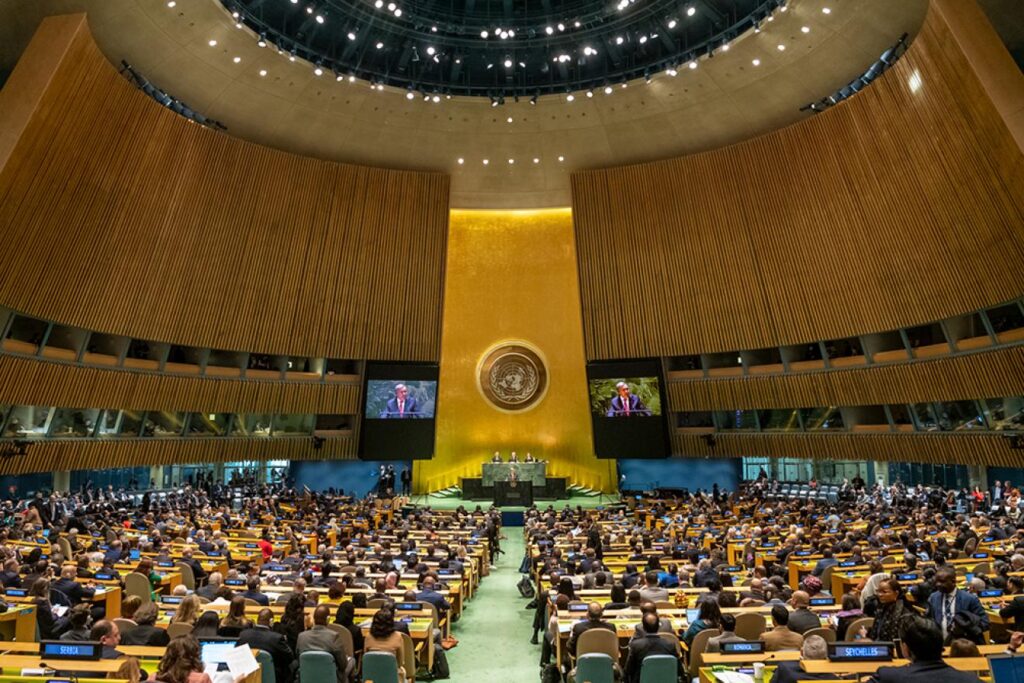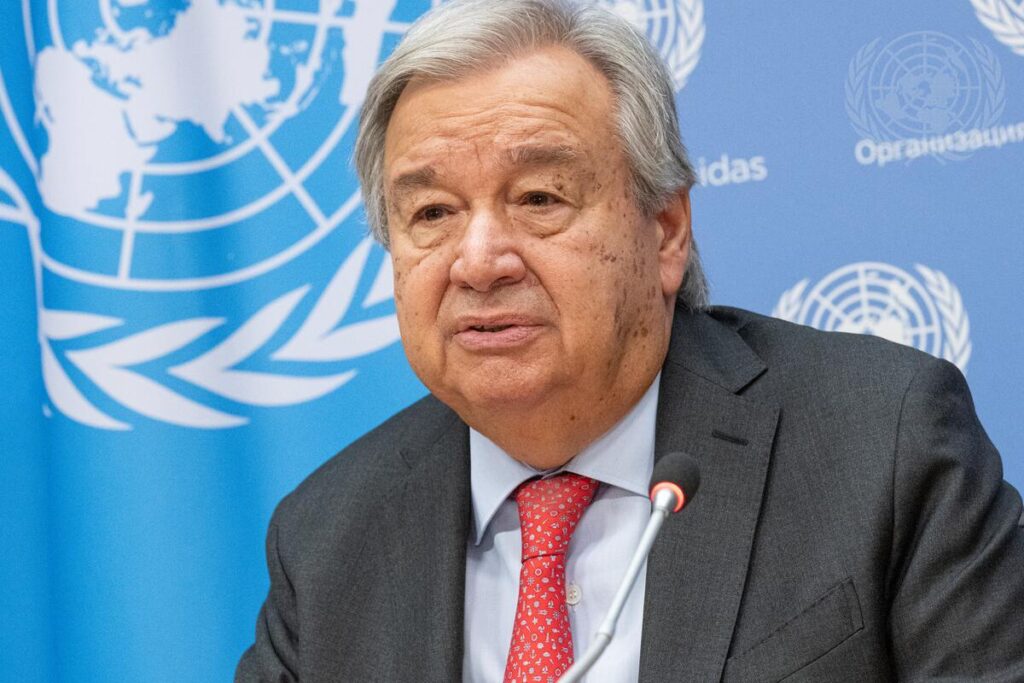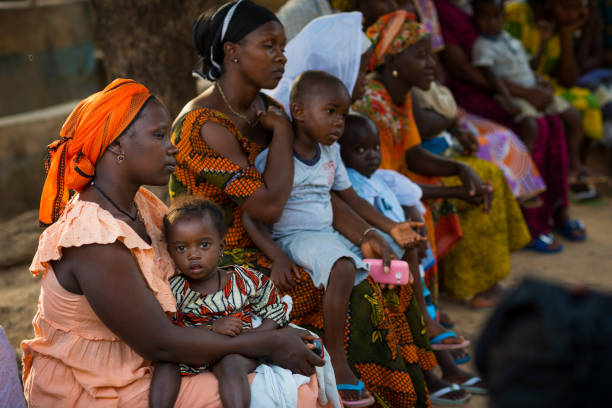“Invisible” E-Waste: Almost $10 Billion in Essential Raw Materials Recoverable in World’s Annual Mountain of Electronic Toys, Cables, Vapes, more.
Invisible e-waste is the focus of the 6th annual International E-Waste Day on Saturday, Oct. 14, 2023 (weee-forum.org/iewd-about). 7.3 billion e-toys – car racing sets, electric trains, music toys, talking dolls, drones, etc. – now discarded annually, an average of ~1 per person on Earth. Almost 1/6th of all electronic waste by mass – 9 billion kg per year – goes largely unrecognized by consumers as e-waste: cables, e-toys, e-cigarettes, e-bikes, power tools, smoke detectors, USB sticks, wearable health devices, smart home gadgets, etc. Discarded vapes alone annually equal 3 Brooklyn Bridges in weight.
Images:www.dropbox.com/scl/fo/y2u5ea3544tv4d054wvrm/h?rlkey=4lz1b4p0avn4wlvnl09gpogyx&dl=0
Can you identify e-waste? Vox pop videos: https://www.youtube.com/watch?v=8GyDVIEFuFY
Invisible e-waste animation: www.youtube.com/watch?v=2pzAPi_gSkc
Industry voice on invisible e-waste: www.youtube.com/watch?v=zU2L8aZwKdE&list=PL1HDAKbmZD5IIT4sSLiuax7ZB-U1o5avD&index=4
UNITAR datasets re. invisible e-waste: https://bit.ly/3PVFLnh
Every year, unused cables, electronic toys, LED-decorated novelty clothes, power tools, vaping devices, and countless other small consumer items often not recognized by consumers as e-waste amount to 9 billion kilograms of e-waste, one-sixth of all e-waste worldwide.
This “invisible” category of e-waste in one place would equal the weight of almost half a million 40-tonne trucks, enough to form a 5,640 km bumper-to-bumper line of trucks from Rome to Nairobi.
Many of these devices, such as vapes, gaining in popularity in some societies, contain lithium, which makes their battery rechargeable but also causes serious fire risks when the device is discarded.
Moreover, the European Commission considers lithium a ‘strategic raw material’ crucial to Europe’s economy and green energy transition, but supplies are at risk. Most of these materials are thrown away in household bins and elsewhere.
The Waste Electrical and Electronic Equipment (WEEE) Forum, which organises International E-Waste Day, commissioned the United Nations Institute for Training and Research (UNITAR) to calculate the annual quantities of “invisible” e-waste items in millions of kilograms, in millions of pieces, and in kg and pieces per capita.
| The results, presented in full here https://bit.ly/3PVFLnh |
Some 3.2 billion kg, 35%, of the roughly 9 billion kg of invisible e-waste are in the e-toy category: race car sets, electric trains, music toys, talking dolls and other robotic figures, biking computers, drones, etc. – in all, some 7.3 billion individual items discarded annually, an average of about 1 e-toy for every man, woman and child on Earth.
Meanwhile, the estimated 844 million vaping devices each year amount to a mountain of e-waste equal to three times the weight of New York’s Brooklyn Bridge or six Eiffel Towers.
The study also found that 950 million kg of cables containing precious, easily recyclable copper were discarded last year – enough cable to circle the Earth 107 times.
Many are stored in homes, perhaps put aside for potential future use. And many people don’t realise they could be recycled – a huge sleeping resource at a time when demand for copper is forecast to rise 6 fold by 2030 in Europe alone to meet the needs of strategic sectors such as renewable energy, electric mobility, industry, communications, aerospace and defense.
The value of raw materials in the global e-waste generated in 2019 was estimated at US $57 billion, most of that attributed to iron, copper and gold components. Of the overall total, 1/6th or $9.5 billion in material value each year, is in the invisible e-waste category.
Other examples of common, invisible e-waste items in households include toothbrushes, shavers, external drives and accessories, headphones and earbuds, remote controls, speakers, LED lights, power tools, household medical equipment, heat and smoke detectors and many others.
Says Pascal Leroy, Director-General of the WEEE Forum: “Invisible e-waste goes unnoticed due to its nature or appearance, leading consumers to overlook its recyclable potential.”
“People tend to recognise household electrical products as those they plug in and use regularly. But many people are confused about the waste category into which ancillary, peripheral, specialist, hobby, and leisure products fit and how to have them recycled.” (related videos:
https://drive.google.com/file/d/1-Qevtw0F5EPln2bPNiOhlPCNy6fEr28Z/view)
Adds Mr. Leroy: “Many people don’t recognize some battery-powered or wired-in products like a smoke detector or smart thermostat as an electrical product because they don’t have a plug. They are also unaware of the hazardous components e-waste contains. If not properly treated, substances like lead, mercury or cadmium can leach into and contaminate the soil and water.”
The WEEE Forum asks everybody to get their e-waste to the appropriate municipal collection facility.
“A significant amount of electronic waste is hidden in plain sight,” says Magdalena Charytanowicz of the Waste Electrical and Electronic Equipment (WEEE) Forum. “Sadly, invisible e-waste often falls under the recycling radar of those disposing of them because they are not seen as e-waste. We need to change that and raising awareness is a large part of the answer. Much effort and progress was made around plastic pollution and people are now more conscious about it, especially with a UN treaty on plastics in the works by 2024. We hope the same will occur in the e-waste field.”
In Europe, thanks to 20 years of Extended Producer Responsibility (EPR) legislation, 55% of e-waste generated is now officially collected and reported. Still, according to the United Nations global e-waste monitor, other parts of the world show much slower growth rates in its collection, and globally, the reported average collection rate is just over 17%.
Says Virginijus Sinkevičius, European Commissioner for the Environment: “This International E-Waste Day, the EU acknowledges the pressing e-waste challenge and is proactively setting a leadership example. The ongoing expansion in electronic device production and consumption has significant environmental and climate repercussions. Introducing Extended Producer Responsibility (EPR) in e-waste legislation two decades
E-waste is the world’s fastest-growing waste stream.
Says Jan Vlak, the president of the WEEE Forum: “Not only producers but all relevant actors, including regulators, consumers, refurbishers, reuse outfits, scrap dealers, retailers and recyclers, must play a role in the EPR system to successfully increase the collection of e-waste. We need to update the EPR principle, make it congruent with circular economy principles and embed this new vision in EU legislation and in a global treaty to harmonise standards and define critical e-waste management obligations.
Background
According to the United Nations, 8 kg of e-waste per person will be produced worldwide in 2023. Only 17.4% of this waste, containing harmful substances and precious materials, will be recorded as properly collected, treated, and recycled globally.
The remaining tens of millions of tonnes will be placed in landfills, burned, illegally traded, improperly treated, or hoarded in households.
Even in Europe, which leads the world in e-waste recycling, only 55% of e-waste is officially reported as properly collected and recycled, and the lack of public awareness is among the factors preventing countries from developing circular economies for electronic equipment.
International E-waste Day – International E-waste Day (#ewasteday)is an annual awareness-raising campaign initiated by the WEEE Forum and its members. It takes place every year on the 14th of October. It aims to highlight the growing issue of electronic waste and promote responsible e-waste management.
According to a 2022 study developed by the UN Institute for Training & Resources (UNITAR) and WEEE Forum members in 6 countries (UK, Italy, Portugal, Romania, Slovenia and The Netherlands), of the 74 e-products found in an average household, 13 are being hoarded (9 of them unused but working and 4 broken). Small consumer electronics and accessories (such as headphones or remote controls – often not recognised as electronic items) rank top of the list of hoarded products. If these gadgets remain in the drawers and cupboards, the valuable resources they contain do not re-enter the manufacturing cycle.
When electronic devices and components are disposed of improperly because they are not recognised as e-waste, they often end up in landfills or incinerators. Electronics contain various hazardous substances such as lead, mercury, cadmium, and flame retardants, which can leach into soil and water sources, pollute ecosystems and pose risks to human health.
These devices also contain valuable resources, including precious metals like gold, silver and copper, and Critical Raw Materials, which are crucial for the green transition and production of new electronic devices. When e-waste is not recycled correctly, these valuable materials go to waste.
The WEEE Forum – The WEEE Forum is a Brussels-based, impactful not-for-profit international association representing 52 producer responsibility organisations on all continents worldwide, all of them mandated by producers of electrical and electronic products to manage e-waste responsibly. Together with its members, they are at the forefront of turning the Extended Producer Responsibility principle into an effective electronic waste management policy approach through our combined knowledge of the technical, business and operational aspects of collection, logistics, de-pollution, processing, preparing for reuse and reporting of e-waste. It is the biggest organisation of its kind in the world.
Since their founding, the PROs in the WEEE Forum have collected, de-polluted and recycled or sent for preparation for re-use of more than 35 million tonnes of WEEE. In addition, our members operate over 114,000 WEEE collection points, and two-thirds of them are market leaders in their countries.
About: www.weee-forum.org
Contacts: Magdalena Charytanowicz, +32 494 23 28 83 (m), magdalena.charytanowicz@weee-forum.org
Juliet Heller, +44-(0)7946-616-150; juliet@julietheller.co.uk
Terry Collins, +1-416-878-8712 (m), tc@tca.tc
Terry Collins & Assoc. inc | Twitter: @TerryCollinsTC, www.tca.tc, 295 Wright Ave.,
Toronto, M6R1L8 Canada
United Nations correspondent journalists – United Nations correspondent journalists – United Nations correspondent journalists – United Nations journalism articles – United Nations journalism articles – United Nations journalism articles – United Nations News – United Nations News – United Nations News










